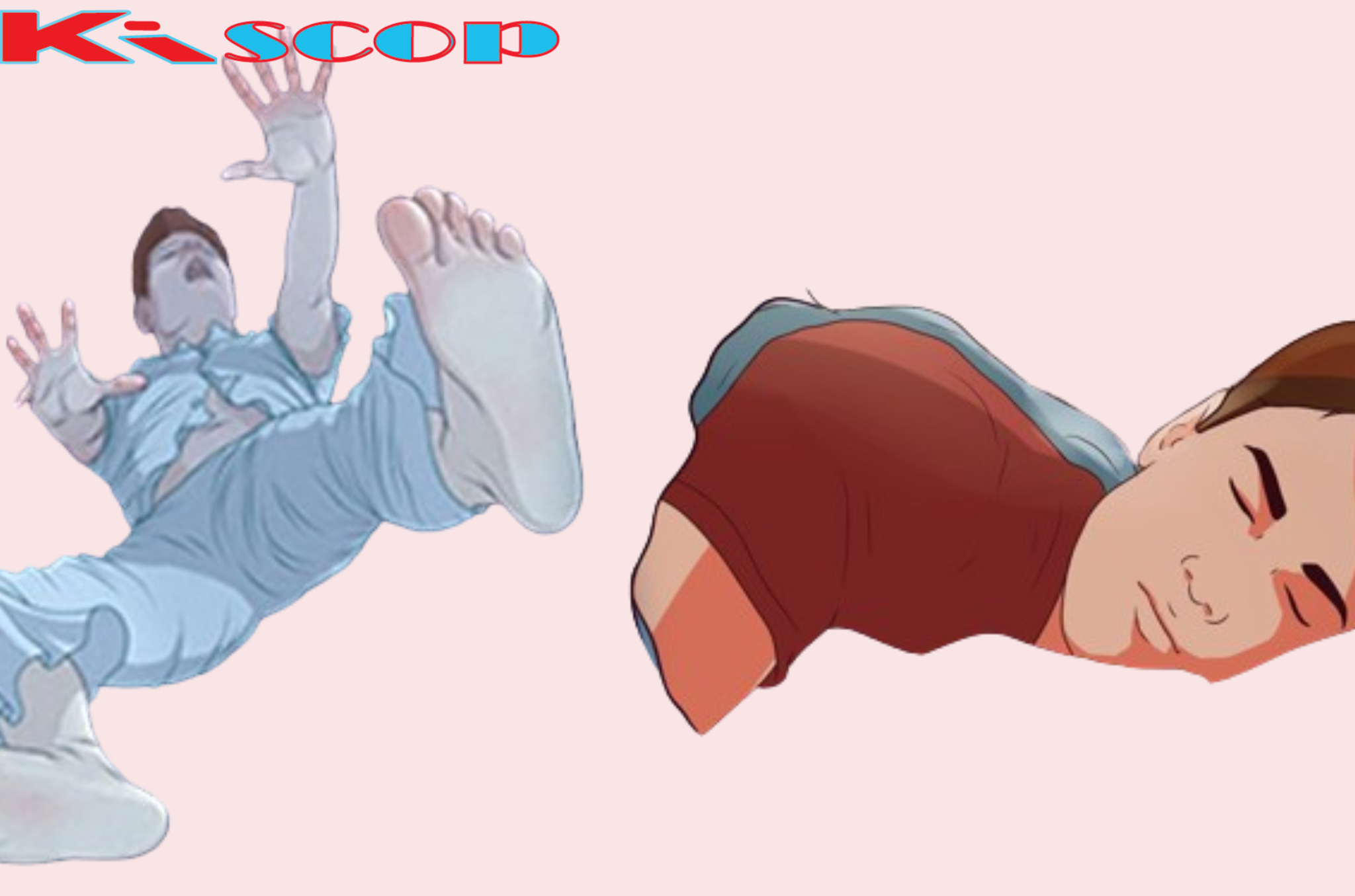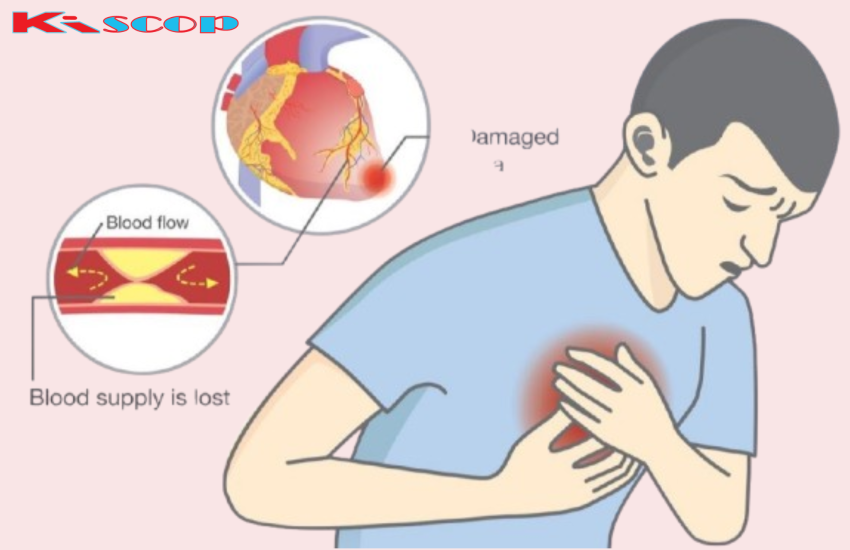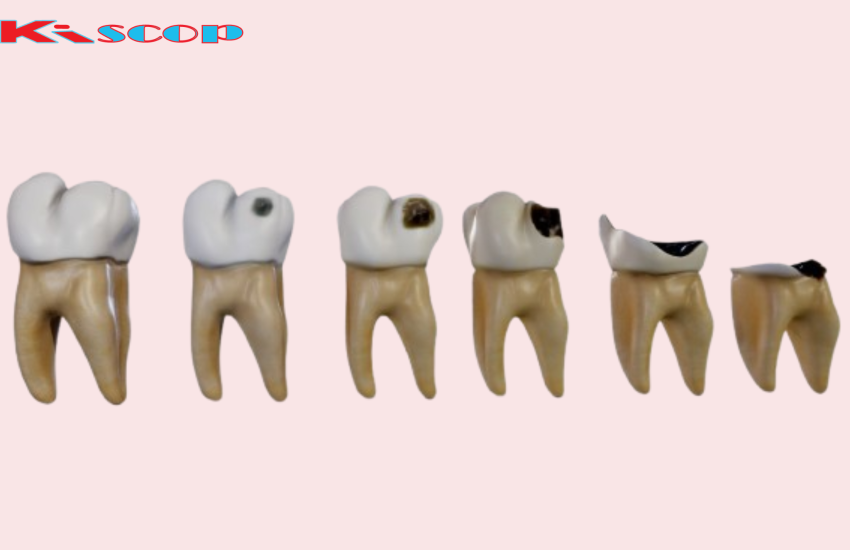If Your Body Suddenly Jerks While You Are Falling Asleep, This Is What It Means0
Have you ever been on the verge of drifting off to sleep when, out of nowhere, your body suddenly jerks, jolting you awake? This phenomenon, known as a hypnic jerk or sleep start, is a common experience, yet it can be startling and puzzling. Understanding why this happens can provide insight into your sleep patterns and overall health. Here’s what it means when your body suddenly jerks as you’re falling asleep.
1. What Are Hypnic Jerks?
Hypnic jerks, also known as sleep starts, are involuntary muscle contractions that occur just as you’re beginning to fall asleep. These jerks can be mild, causing only a slight twitch, or more intense, leading to a full-body jolt that wakes you up. They typically happen during the transition from wakefulness to sleep, in the early stages of non-REM (rapid eye movement) sleep.
2. Common Triggers for Hypnic Jerks
Several factors can increase the likelihood of experiencing hypnic jerks:
- Stress and Anxiety: High levels of stress and anxiety can lead to more frequent hypnic jerks. When your mind is racing, your body might have trouble fully relaxing, causing these sudden muscle contractions as you drift off.
- Caffeine and Stimulants: Consuming caffeine or other stimulants close to bedtime can make your muscles more prone to twitching as you fall asleep. These substances can interfere with the natural relaxation of your body during the sleep onset phase.
- Exercise: Intense physical activity, especially in the hours leading up to bedtime, can increase the chances of experiencing hypnic jerks. This is because your muscles may still be in a heightened state of activity, making them more likely to contract involuntarily.
- Sleep Deprivation: Lack of sleep can disrupt your sleep cycle and make hypnic jerks more frequent. When your body is overtired, the transition from wakefulness to sleep can be more abrupt, leading to a higher chance of muscle twitches.
3. The Brain’s Role in Hypnic Jerks
Scientists believe that hypnic jerks are linked to the brain’s misinterpretation of the body’s relaxation during sleep onset. As you start to fall asleep, your muscles naturally relax, and your breathing slows. Sometimes, the brain perceives this relaxation as a sign that you’re falling, prompting it to send a signal to your muscles to tense up, resulting in a jerk. This response is thought to be a remnant of a primitive reflex designed to keep you from falling out of a tree or other high places while sleeping.
4. Are Hypnic Jerks a Sign of a Health Problem?
In most cases, hypnic jerks are harmless and not a sign of a serious health problem. They are a normal part of the sleep process for many people. However, if you experience hypnic jerks frequently or if they are accompanied by other symptoms like trouble breathing, pain, or significant sleep disturbances, it might be worth discussing with a healthcare professional. These could be signs of an underlying sleep disorder or other medical condition.
5. Can Hypnic Jerks Be Prevented?
While hypnic jerks can’t always be completely prevented, there are steps you can take to reduce their frequency:
- Practice Relaxation Techniques: Incorporating relaxation techniques such as deep breathing, meditation, or progressive muscle relaxation before bed can help calm your mind and body, making it less likely for hypnic jerks to occur.
- Limit Caffeine and Stimulants: Avoid consuming caffeine, nicotine, and other stimulants in the hours leading up to bedtime. These substances can interfere with your ability to relax and increase the likelihood of hypnic jerks.
- Establish a Regular Sleep Routine: Going to bed and waking up at the same time each day can help regulate your sleep cycle and reduce the chances of experiencing hypnic jerks. Consistency in your sleep schedule helps signal to your body when it’s time to wind down.
- Create a Comfortable Sleep Environment: Ensure your bedroom is conducive to sleep by keeping it dark, quiet, and cool. A comfortable mattress and pillows can also help your body relax and reduce muscle tension.
- Manage Stress: Finding healthy ways to manage stress during the day can lead to a more restful night’s sleep. Regular exercise, mindfulness practices, and maintaining a balanced lifestyle can all contribute to lower stress levels and fewer sleep disturbances.
6. When to See a Doctor
If hypnic jerks are causing significant disruption to your sleep or are accompanied by other concerning symptoms, it’s important to consult with a healthcare professional. They can help determine if there’s an underlying condition that needs to be addressed, such as restless leg syndrome, sleep apnea, or another sleep disorder.
Conclusion
Hypnic jerks are a common and usually harmless occurrence as you transition from wakefulness to sleep. While they can be startling, they’re typically just a sign that your body and brain are adjusting to sleep. By understanding the factors that contribute to hypnic jerks and taking steps to improve your sleep hygiene, you can reduce their frequency and enjoy a more restful night’s sleep. If you’re concerned about the intensity or frequency of your hypnic jerks, don’t hesitate to seek medical advice to ensure your sleep health is on the right track.



